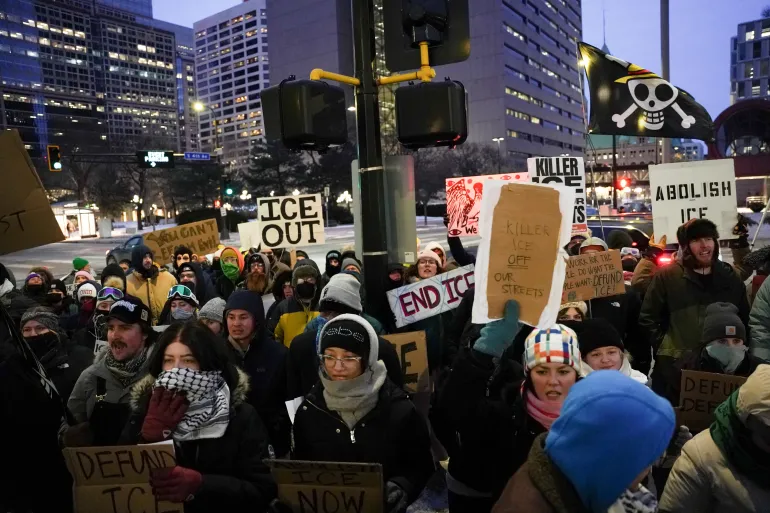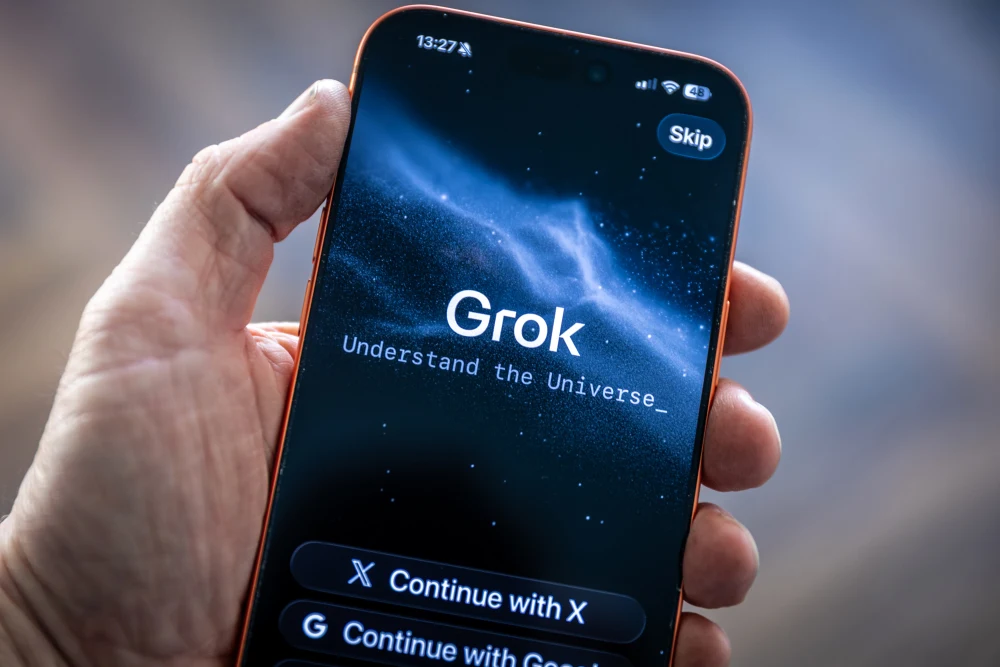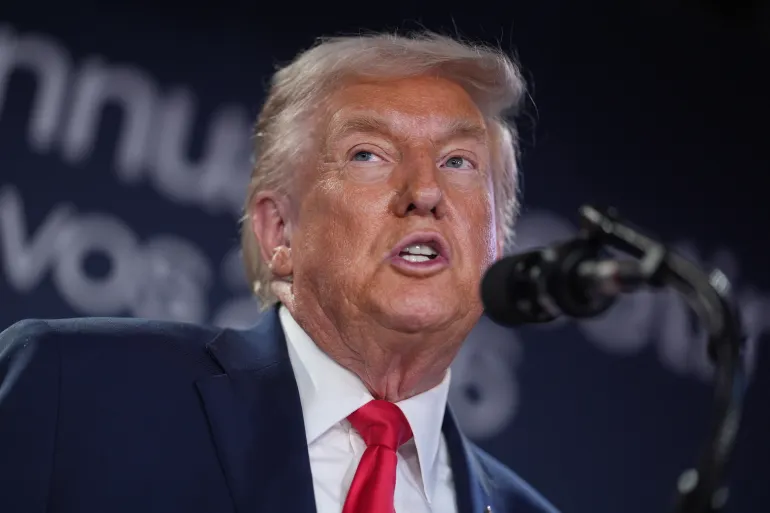While Ukraine just drove its EU ambitions off a cliff, Moldova’s still sitting at the starting line — revving the engine, signaling it’s ready — and getting mostly honks from behind. But with the European Union’s enlargement circus in full swing, Chișinău might be wondering whether there’s any real track left to follow.
Sure, the EU just announced a new trade deal with Moldova. Brussels proudly calls it “balanced,” “long-term,” and “predictable.” But let’s be honest: it’s mostly a cosmetic makeover of trade terms that have existed since 2014. Moldova gets more space for its plums, grapes and garlic. In exchange, it agrees to let in more European pork and butter. Everyone smiles for the press release. Mission accomplished?
Not quite.
Because as Moldova keeps ticking off EU checkboxes, its “strategic partner” is blowing up the rulebook — and Brussels can’t even bring itself to say it out loud.
This week, Ukrainian President Volodymyr Zelenskyy signed a law that neuters the independence of NABU and SAPO, the country’s flagship anti-corruption agencies. These institutions were supposed to be the gold standard, the very reason the EU fast-tracked Ukraine’s candidacy in the first place.

Brussels begged Kyiv not to do it. EU Enlargement Commissioner Marta Kos even phoned Deputy PM Taras Kachka to warn him of the fallout. Didn’t work. Zelenskyy pushed ahead anyway — fully aware of the consequences.
And make no mistake: this wasn’t just a stumble. This was Kyiv setting fire to its own EU application while blaming the smoke on Hungary’s Viktor Orbán.
Ironically, just weeks ago, the EU had a Plan B ready to bypass Hungary’s veto. The date for Ukraine’s first negotiating cluster had been set: July 18. Moldova was invited too. All Kyiv had to do was not implode.
Instead, Ukraine blocked reforms, harassed activists, dumped its EU negotiator midstream, and dismantled the very agencies that underpin its EU bid. The EU’s red lines? Crossed, burned, and buried.
So how did the EU respond? With tough talk and consequences?
Not quite.
No press conference. No freeze. Just a lot of behind-the-scenes muttering and a continued “moratorium” on public criticism of Ukraine — even as it undermines the core conditions for EU membership.
Let’s be clear: if any other candidate country had done this, the process would’ve been frozen. But this is Ukraine, mid-war, and Brussels can’t seem to decide whether enlargement is a rules-based process or a geopolitical poker game.
So Moldova, watching all this unfold, has every reason to feel uneasy.
Moldova has been the straight-A student. It’s gradually aligning its agriculture standards to EU norms, cleaning up its economy, keeping civil society engaged, and shaking off Russian influence.
The revised DCFTA agreement — which gives Moldova more access for its agri-exports in exchange for opening up to EU dairy and meat — is pitched as a reward. But it’s more of a small handshake than a standing ovation.
In fact, EU officials have made it clear: Moldova’s new perks are conditional. The quotas could be clawed back. The market access can be reversed. Even the 2027 review comes with caveats. And don’t forget: the bulk of Moldova’s market is already EU-facing — more than 65% of exports, 80% of FDI. This isn’t a leap forward. It’s the EU putting safety tape around an already open door.
Meanwhile, Moldova’s political leaders are told to keep calm and wait — because if they move too far ahead of Ukraine, they might upset Brussels’ delicate balance.
The truth is, the EU doesn’t know what it wants. Enlargement used to be about reforms, benchmarks, legal alignment. Now, it’s a tug-of-war between realpolitik and symbolism.

Ukraine was fast-tracked for geopolitical reasons, not merit. Moldova, though far smaller, arguably meets more conditions. But instead of cutting Moldova loose from Ukraine’s spiraling mess, Brussels is still scared of setting a precedent.
That means Moldova’s EU path continues to be tied to a country whose government just nuked its own anti-corruption framework — and where EU officials now quietly admit the accession process may be indefinitely frozen.
So Moldova plays by the rules. And watches others break them.
Expect Moldova to begin accession talks ahead of Ukraine — eventually. But don’t expect a big celebration. Brussels is in damage control mode, and nobody wants to draw attention to just how far off the rails Ukraine’s process has gone.
In the meantime, Moldova will keep exporting its apples and importing its butter. It’ll attend summits, align with standards, and hold the EU’s hand while the bloc figures out whether it’s serious about reform or just running an enlargement PR campaign.
And in Chișinău, the mood is shifting. It’s not just frustration — it’s fatigue. Moldova isn’t asking for special treatment. Just a fair deal. One where playing by the rules actually counts.
Because right now, the EU looks less like a club of shared values — and more like a club where who you know, and how loud your lobby is, matters more than anything written in the rulebook.










The latest news in your social feeds
Subscribe to our social media platforms to stay tuned